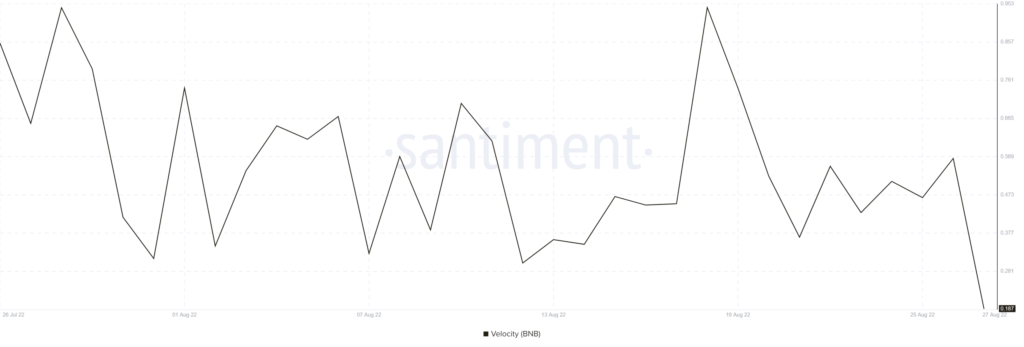If you thought Binance’s BNB smart chain was fast, then you are in for a pleasant surprise. The network just received an important upgrade that will boost its speed and efficiency.
Binance has not been left behind this season when many blockchains have been deploying major network upgrades. The BNB smart chain received its performance upgrade this week through the v1.1.12 upgrade version. According to an official announcement, the upgrade will not only improve speeds, but also reduce lower hardware requirements.
“It turns out that the fast node can slow down the storage growth by 60%~90% according to different settings and increase the syncing efficiency by about 30%,” stated Binance through a press release.
The upgrade was conducted days ahead of the most anticipated development in the crypto-industry – The Ethereum 2.0 merge. The announcement did not mention any adjustments in readiness for ETH 2.0. It did, however, highlight some changes for Go-Ethereum’s code base.
Potential impact on BNB
The BNB Smart chain upgrade may not have an immediate, direct impact on BNB’s demand or performance. However, efficiency improvements may help the network remain competitive and support improved user experience.
One of the potential implications of the BNB smart chain’s faster performance would be the pace of utility for BNB. Its network velocity is currently at its lowest monthly level, but this metric might receive a boost through a higher level of network efficiency.
Another potential outcome of faster transactions would be an improvement in BSC’s rolling daily circulation. This would manifest as a notable change in the network’s circulation – NVT.
The latter demonstrated significant fluctuations in the last 30 days, but remained within the same range. Thus, underscoring healthy activity.
BNB was trading at $283 at press time, which represented a 42% discount from its ATH.
In many ways, this constituted a relatively small drawdown, compared to most of the top coins. What this means is that it has managed to hold on to its value quite well. This, largely due to the robust utility and demand it derives from the network.



